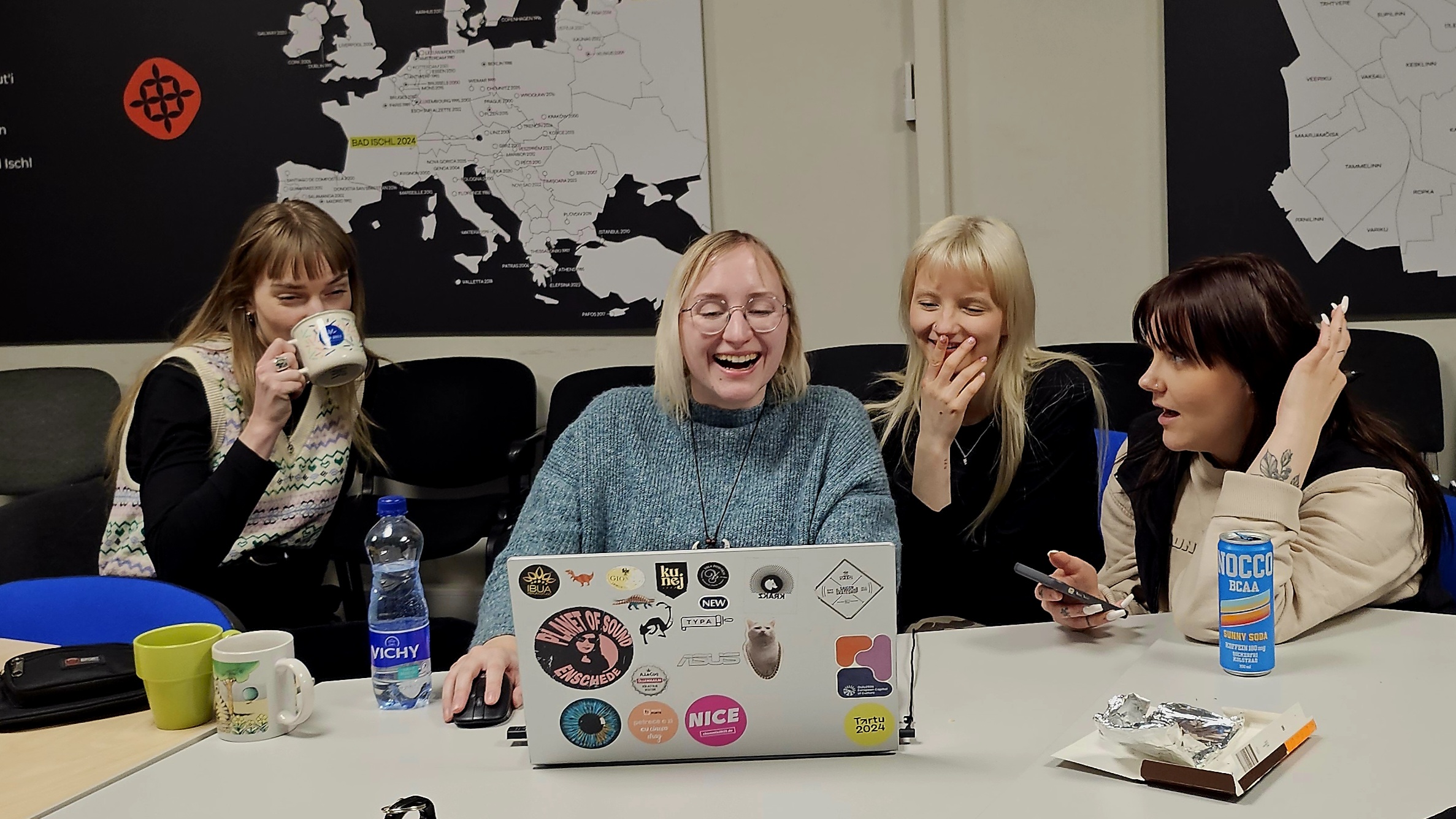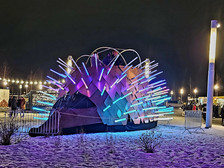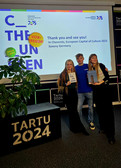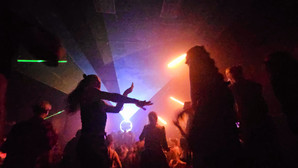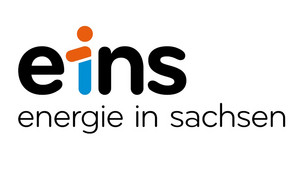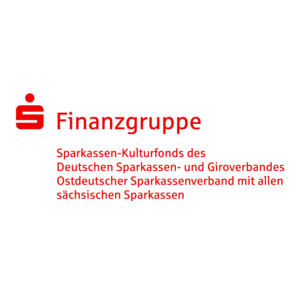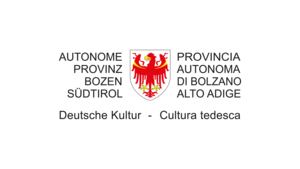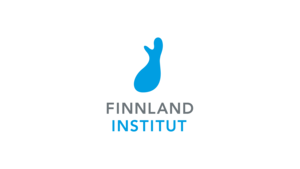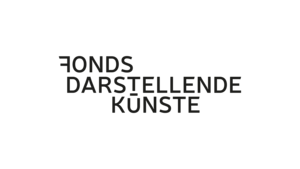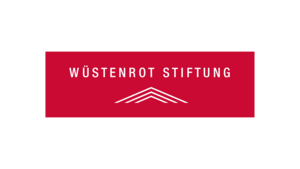Volunteers for Chemnitz 2025 publish reports on their experiences, assignments and adventures around the European Capital of Culture in the volunteer editorial office.
Nicolas lived in Chemnitz until September 2024, when he moved to Austria for work. The 24-year-old continues to volunteer for Chemnitz 2025: whether it's Christopher Street Day in the Salzkammergut, interviews with the press or night-time missions in the Hartmannfabrik, Nicolas is always there when he's needed and has a lot to report.
Tartu, Estonia - My most exciting assignment as a volunteer started on 25 January. I travelled to Tartu and southern Estonia for three weeks. Together with the region, the city is the Capital of Culture 2024 and I and two other young people from Chemnitz helped to organise a party for 14 to 20-year-olds.
Experiencing the Capital of Culture is an important way of conveying the feeling and motivation needed to make Chemnitz 2025 really fun for everyone. We had this opportunity on 26 January at the opening of the Capital of Culture 2024, Tartu. The second largest city in Estonia is characterised by its university, which gives it a lot of young energy, but also by a lot of tradition and an associated sense of home. This mixture made the experience very lively and exciting, even if the actual highlights of the Capital of Culture year are in the summer.
In Tartu, we had the opportunity to visit the opening ceremony as well as the local museums, get to know neighbouring towns such as Põlva and Viljandi, visit exhibitions, explore nature and, of course, discover Tartu by day and night. The locals were very open and gave us the feeling of having a lot of energy and joy for the Capital of Culture.
Meanwhile, our main goal, the party, was a complete success. With national celebrities as crowd-pullers, many young people were drawn to a club that normally only opens its doors to adults. I think this gave the guests a unique feeling and a great night. The party was of course alcohol-free to protect all minors. It was also important to us that there were clearly visible team members for everyone to turn to if something unpleasant happened. The so-called "awareness team" was made possible above all by the work of the international volunteers and was an enrichment for the party, even if there were fortunately no incidents.
For me, there was one key learning after these three weeks. For me, the title of Capital of Culture is no longer something that is only associated with the region. Rather, it is an opportunity for people to experience Europe and feel European, because it brings people together who might otherwise never have met. Regardless of background, age or profession and, above all, nationality, we made many new friends in Tartu who we hope to see again soon. Maybe in Chemnitz in 2025?
